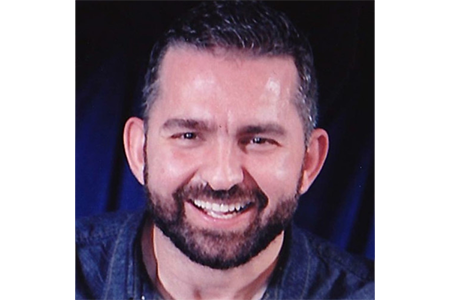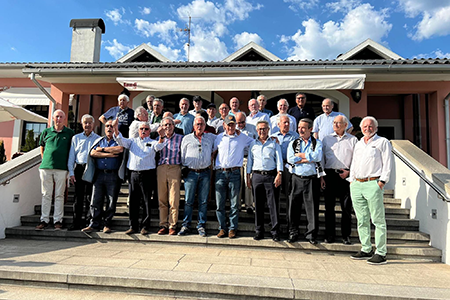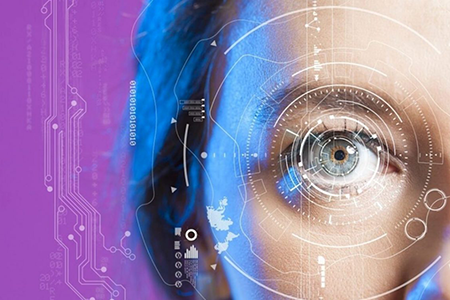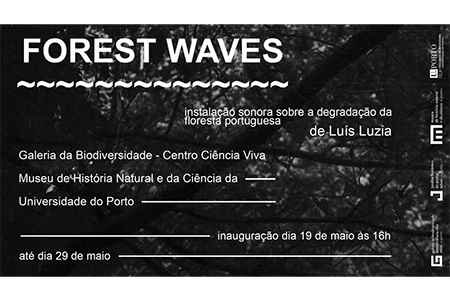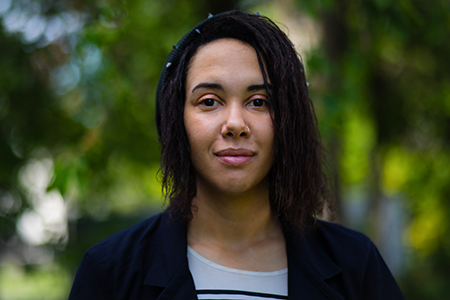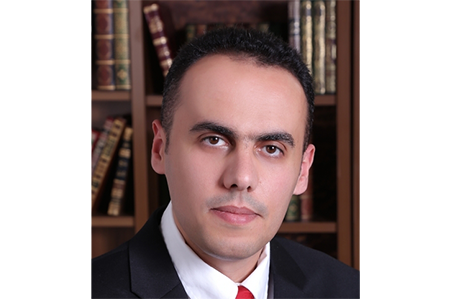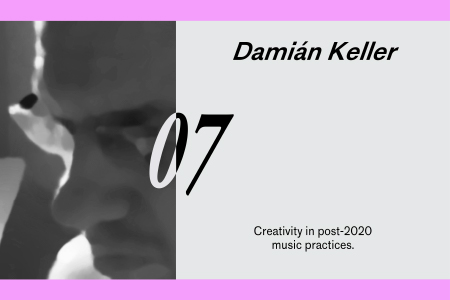Candidate:
Nataska Statham
Date, Time and place:
June 22, 09:00, remotely with streaming at: https://www.youtube.com/channel/UCvsg2ymeaHLRLbsGt67JmKw
President:
Doutor António Fernando Vasconcelos Cunha Castro Coelho, Associate Professor with Habilitation, Departamento de Engenharia Informática of Faculdade de Engenharia, Universidade do Porto.
Members:
PhD Richard A. Bartle, Senior Lecturer and Honorary Professor of Computer Game Design at the University of Essex, UK;
PhD Andrija Bernik, Assistant Professor at the Department of Multimedia, Design and Application, University North in Varazdin, Croácia;
PhD Rui Pedro da Silva Nóbrega, Assistant Professor, Departamento de Informática of Faculdade de Ciências e Tecnologia, Universidade Nova de Lisboa;
PhD Luís Filipe Pinto de Almeida Teixeira, Assistant Professor, Departamento de Engenharia Informática of Faculdade de Engenharia, Universidade do Porto;
PhD João Tiago Pinheiro Neto Jacob, Technical Product Owner at Mindera Gaming (Supervisor).
Abstract
Photogrammetry is a technology increasingly used in games for modelling 3D characters and natural environments, with the potential of time-efficient generation of realistic meshes with a higher level of detail than is normally achieved via hand-modelling. In architectural environments, however, although textures are photoscanned, meshes are still hand-modelled. A key challenge is that architecture for games tends to rely on modular meshes, which require high precision and standardisation, whereas photoscans of real-world architecture tend to output irregular meshes that are hard to conform to modularity. This investigation aims to address this lack of integration with a focus on high granularity modular architecture for 1st and 3rd person 3D games. It starts with a review of 3D game graphics production and modular architectural assets for games, as well as the integration of photogrammetry in the creation of 3D assets for games and for 3D environment art in particular. This is followed by a theoretical contribution, consolidating the principles of modular architecture for games within the game development lifecycle. Next, it identifies the inherent incompatibilities preventing the integration of photogrammetry with modular architecture for games and postulates solutions, implemented and tested via a series of controlled experiments using commonly available software. It concludes that integration is possible, but that a manual process is presently required due to the lack of tools designed to conform detailed surfaces to the profile of standardised reference meshes. The investigation proposes a workflow to achieve sectional modularity of architectural photoscans via tileable borders to which mesh variations can be integrated via modular swapping. It proposes a modified game development lifecycle with longer pre-production and potentially multiple photoscanning sessions to incorporate architectural photoscans into modular game environment art production. Via this workflow, a wide range of types of photoscanned architectural surfaces and types of geometry were standardised into the requirements optimal for modular meshes for 3D environment art, indicating its viability as a workflow for game development in general.
Keywords: 3D environment art, game development lifecycle, level design, modular architecture, photogrammetry.
